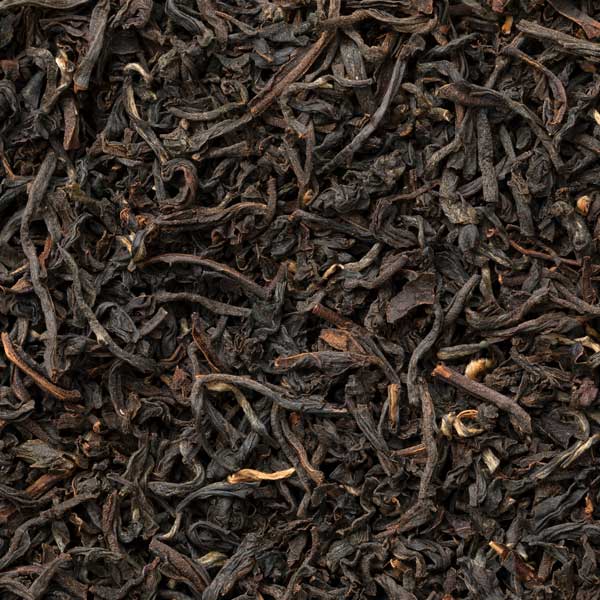Assam, one of the world's most prominent tea-producing regions, is located in northeastern India and is famous for its strong, malty tea made from the Camellia sinensis var. assamica plant. This article explores the historical background of tea culture in Assam, the origin of the name, the importance of tea cultivation and processing, and the economic relevance of this industry to the region.
Historical background and origin of the name
Assam is not only geographically unique but also historically significant. The name "Assam" is believed to originate from the Sanskrit word "Asama," meaning "peerless," and was adopted by the Ahom kings who ruled the region for nearly 600 years until the early 19th century. However, the history of tea cultivation in Assam only begins during the British colonial period. In 1823, British adventurer and trader Robert Bruce discovered the wild tea plants in the hills of Assam and recognized the region's potential for tea cultivation. After several trials and researches by the British, commercial production of tea began in the 1830s.
Importance of tea cultivation and tea processing
Tea is at the heart of Assam's economy and plays a central role in the lives of its people. The region offers ideal climatic conditions for tea cultivation—a humid, tropical climate with abundant rainfall and fertile soil. Tea gardens in Assam span thousands of hectares.
Historically, in the early years of tea cultivation in Assam, many locals earned their living from planting and tending tea bushes. Today, approximately one million people are directly involved in tea production, and another two million are indirectly dependent on this industry. This includes work in picking, processing, and distribution.
Economic importance
Tea exports from Assam constitute a significant portion of India's total tea exports and contribute significantly to the region's gross domestic product. Assam produces approximately 52% of India's tea, making it the country's leading tea producer. Revenue from tea exports not only boosts the local economy but also plays an important role in the global tea economy.
conclusion
Tea cultivation in Assam is more than just an economic activity; it is an integral part of the region's culture and history. With its rich history and enduring significance to millions of people, Assam remains a fascinating example of how a natural product can be deeply woven into the socioeconomic fabric of a region. Through sustainable practices and innovations in tea production, Assam can continue to shine on the world stage as a leading tea-growing center.




Leave a comment
This site is protected by hCaptcha and the hCaptcha Privacy Policy and Terms of Service apply.